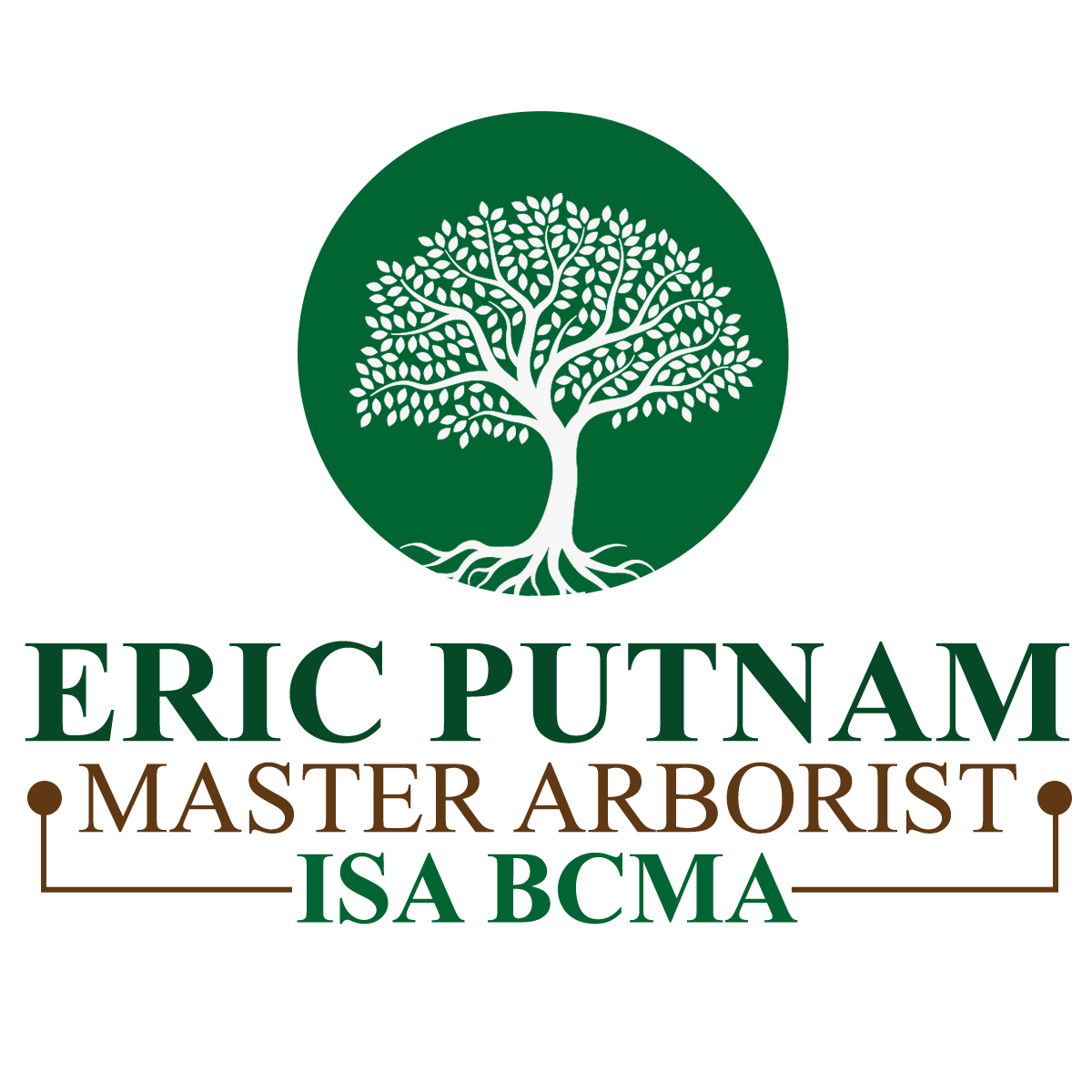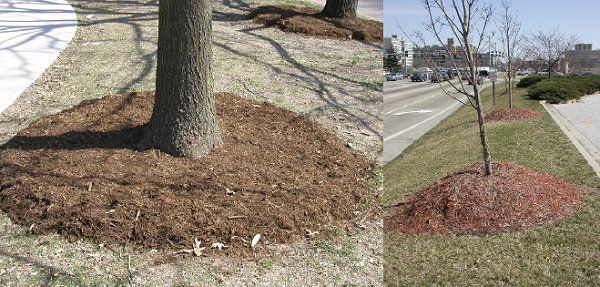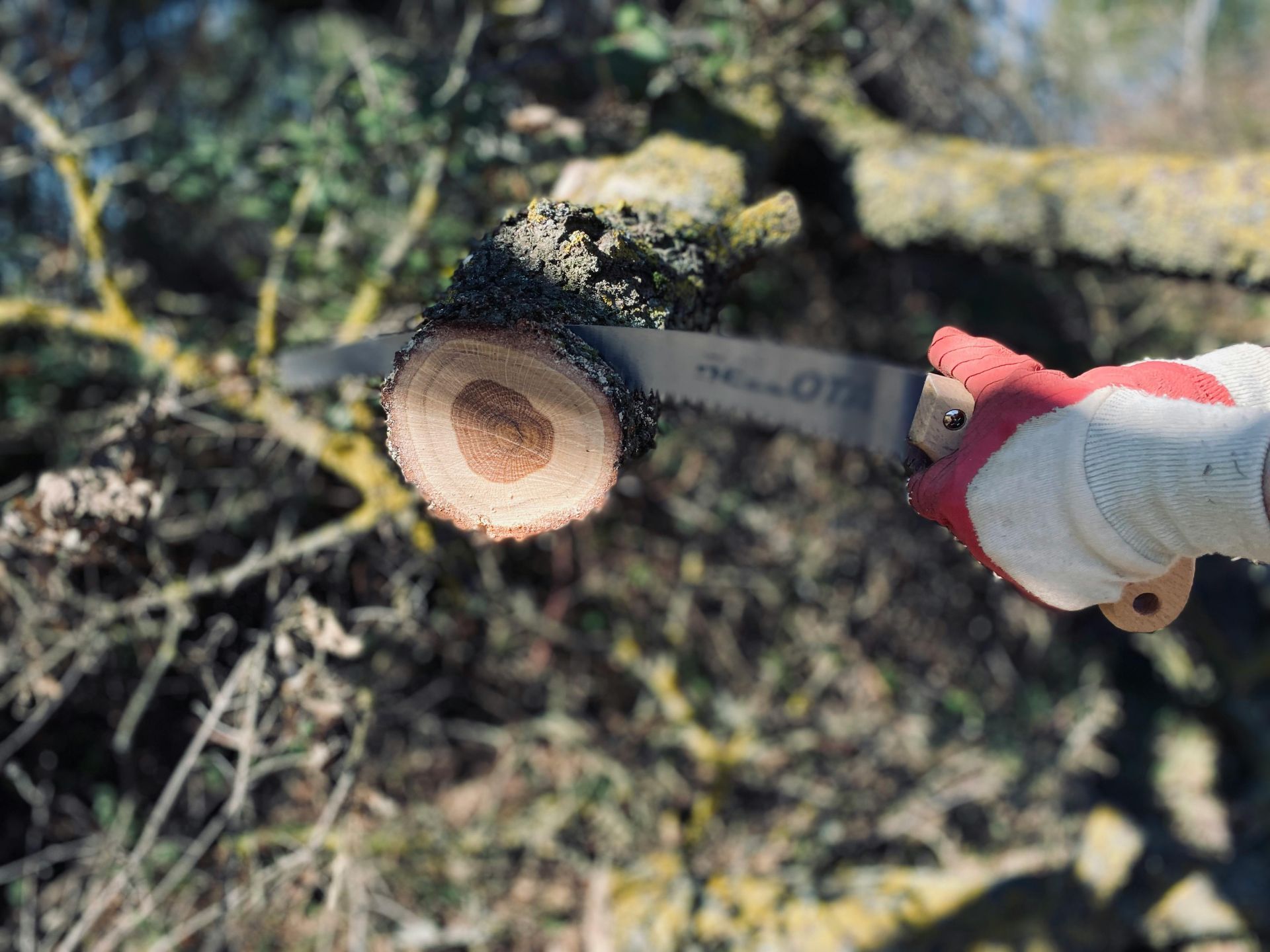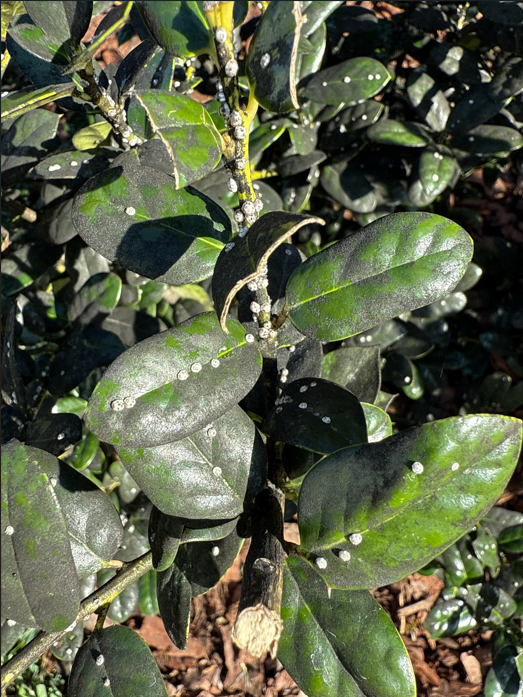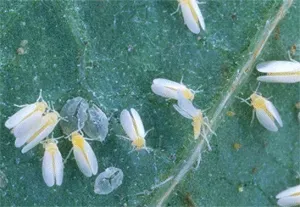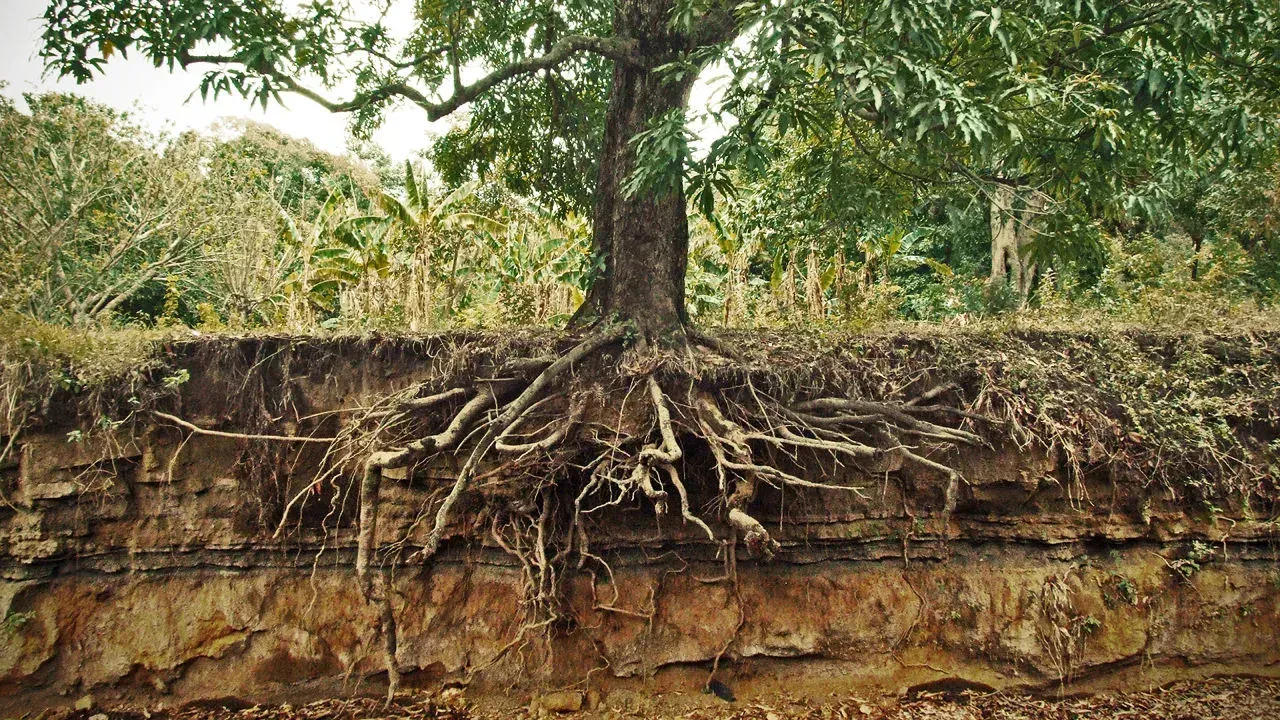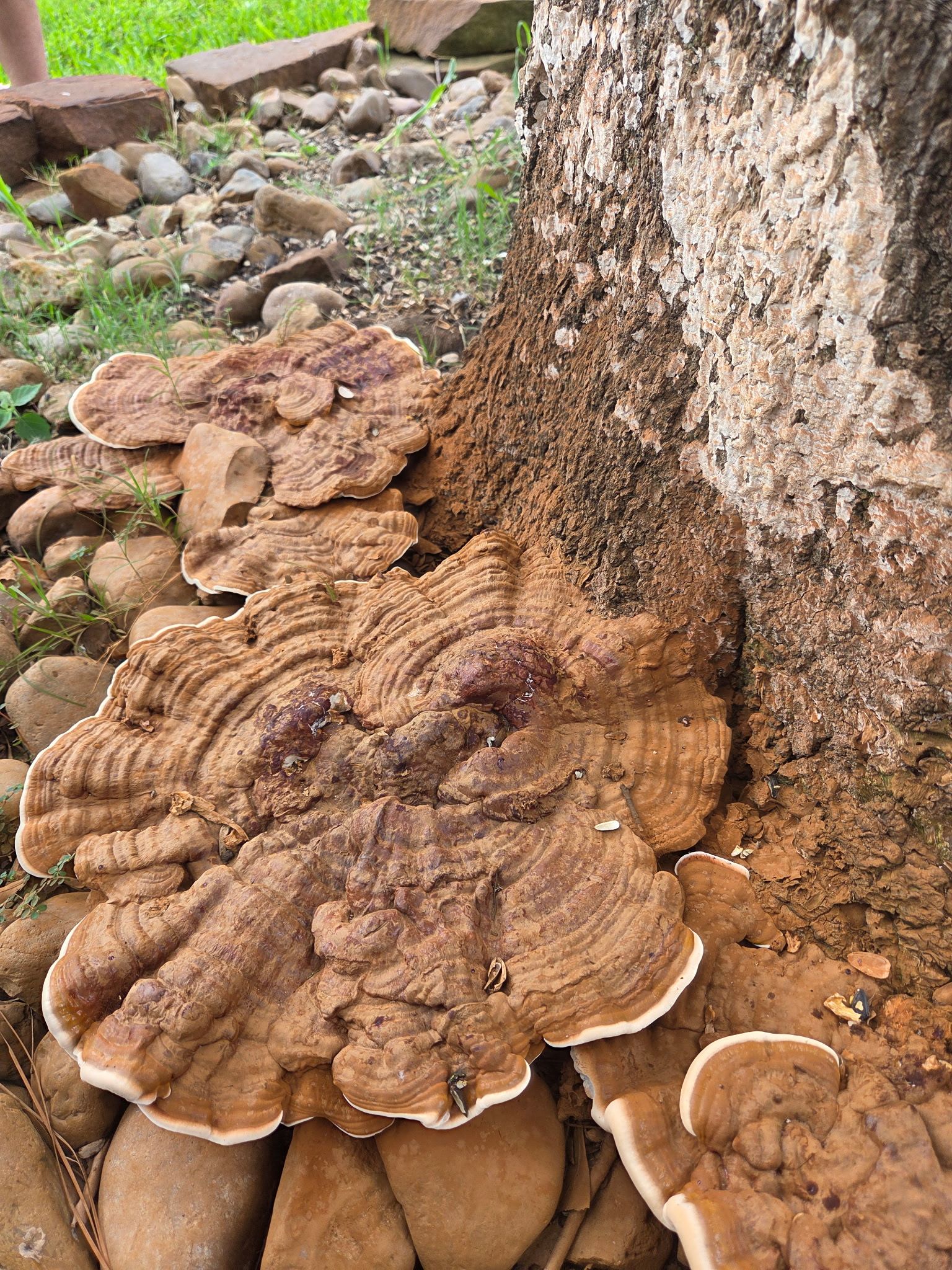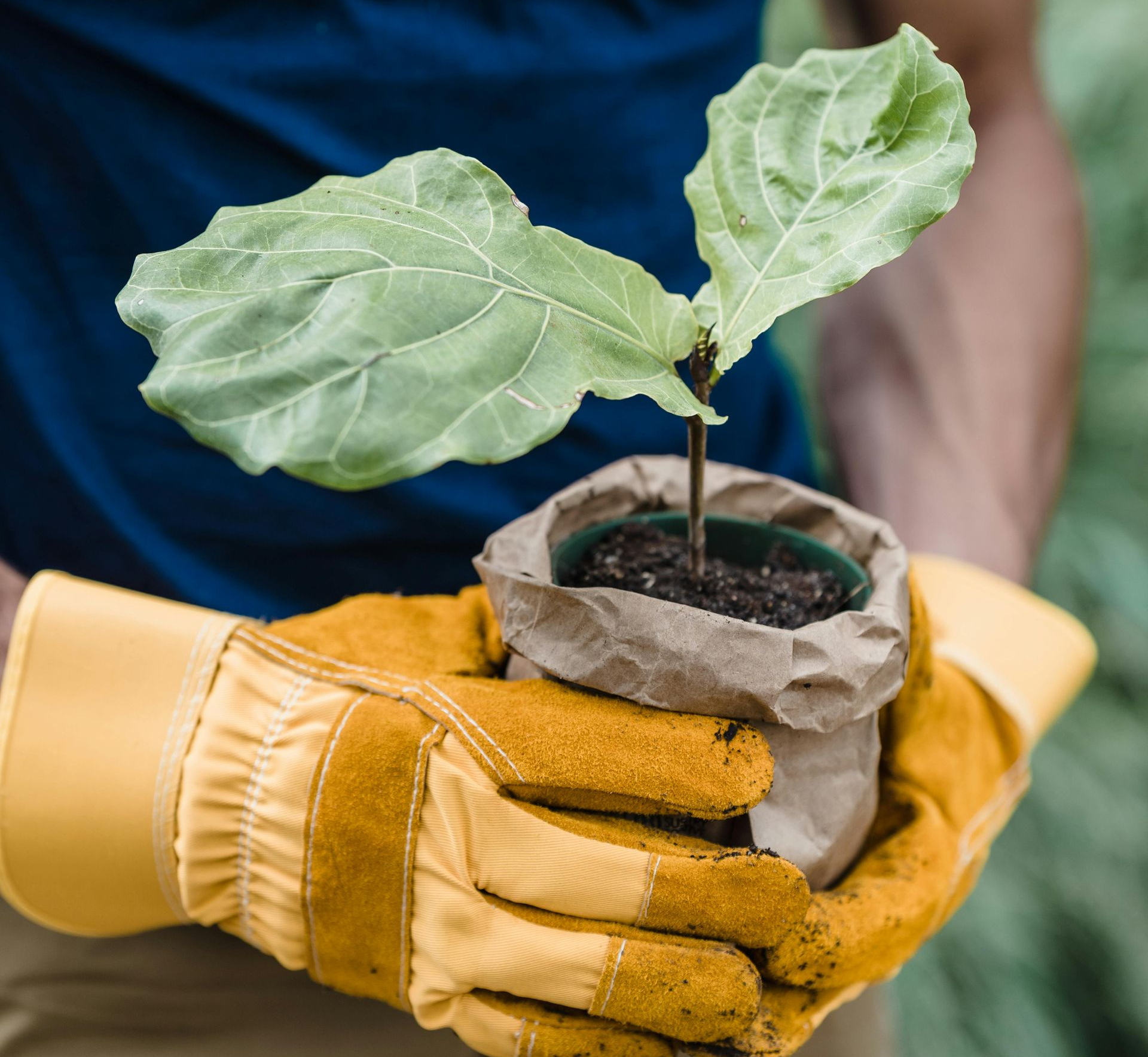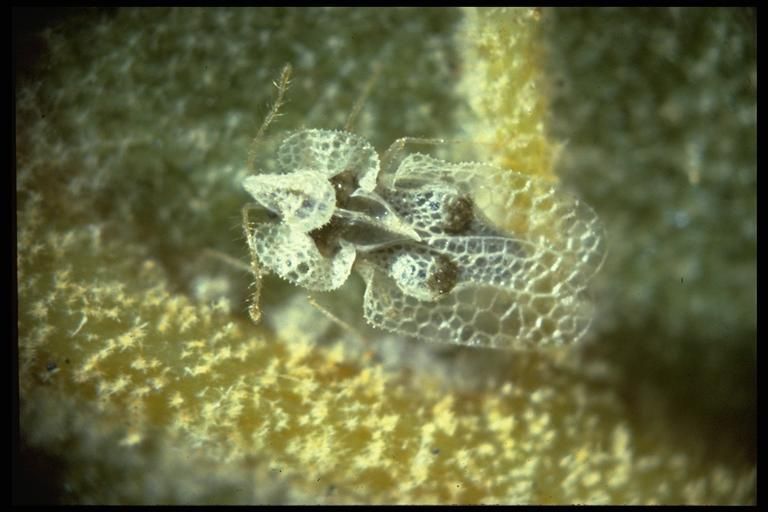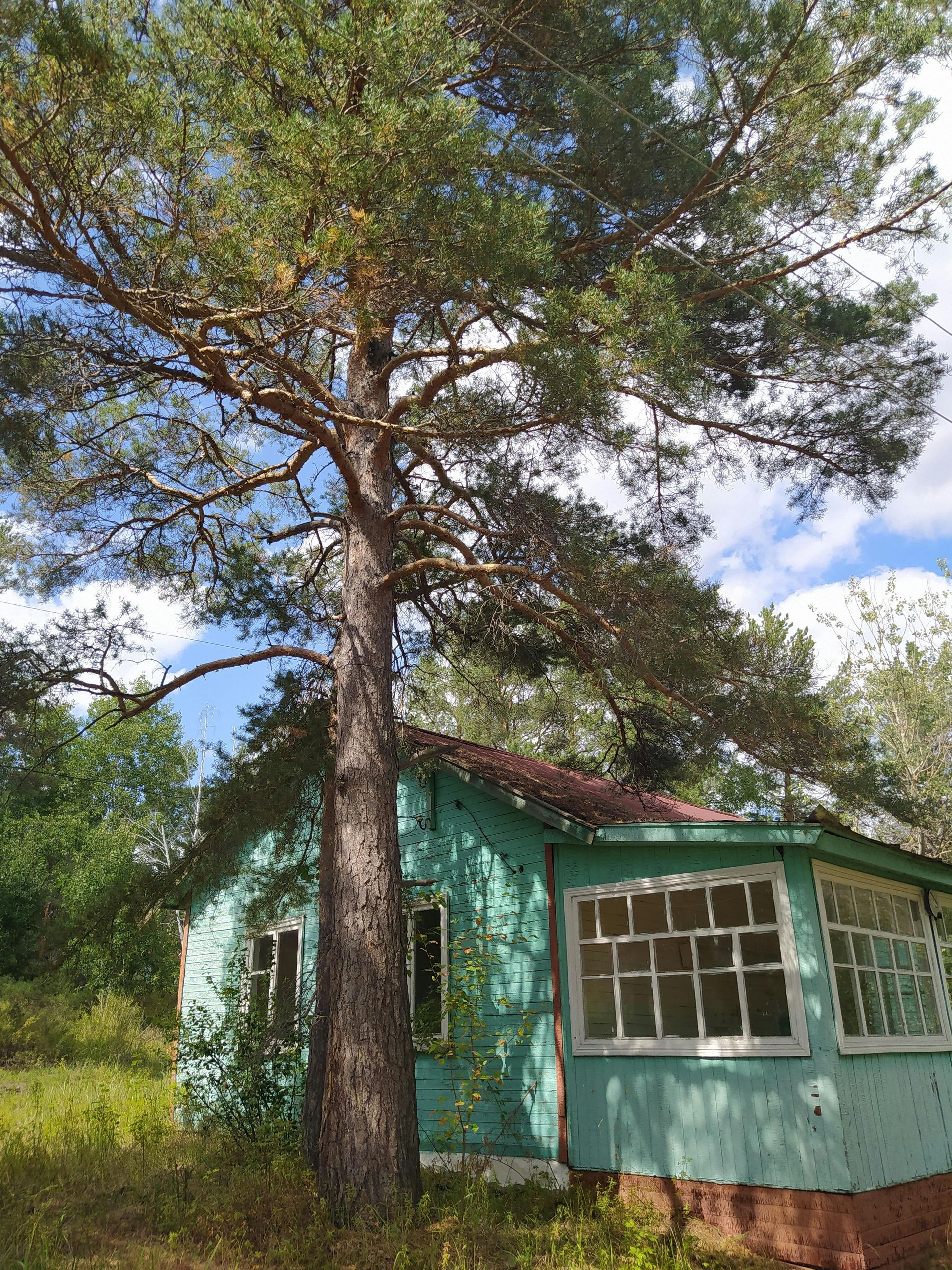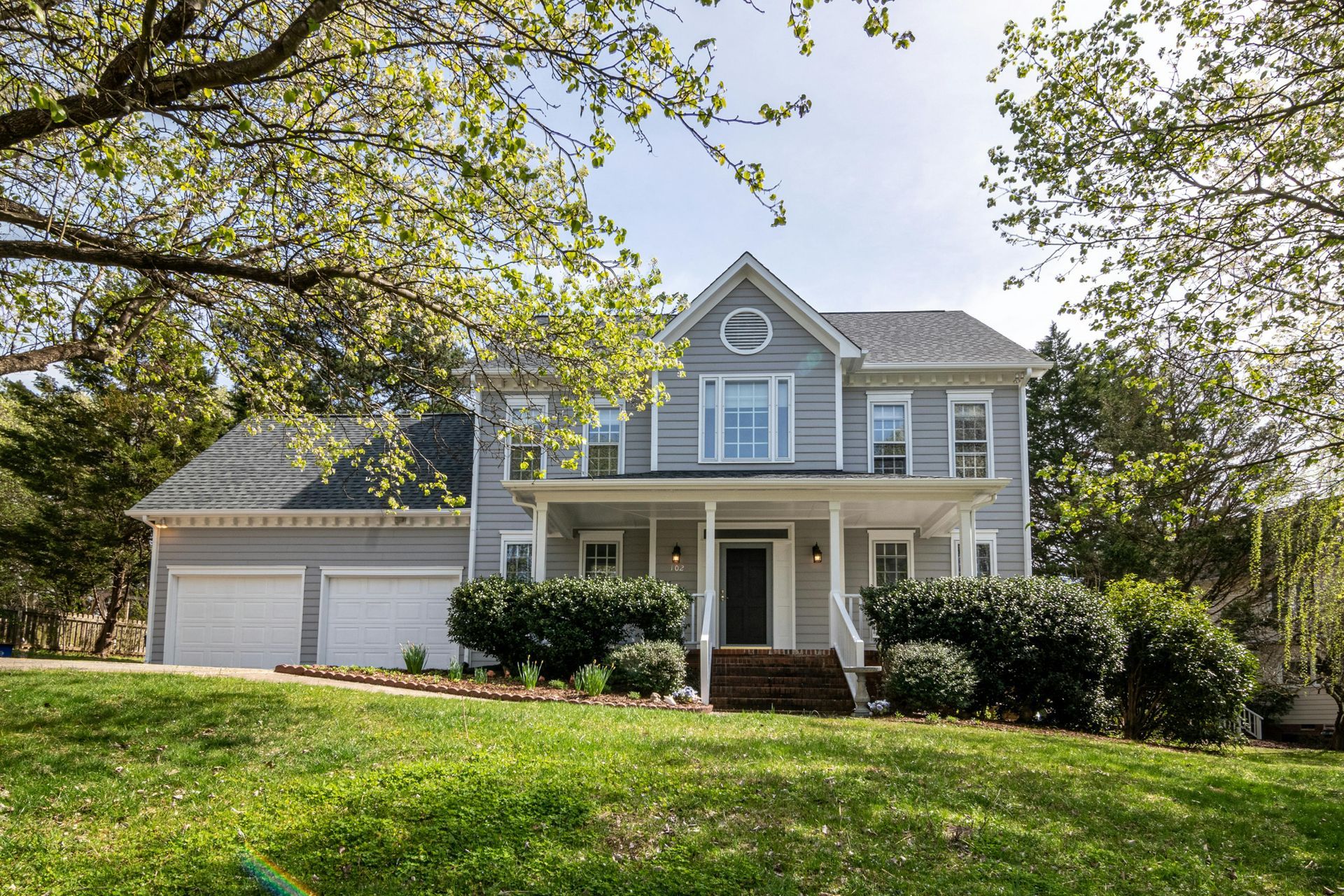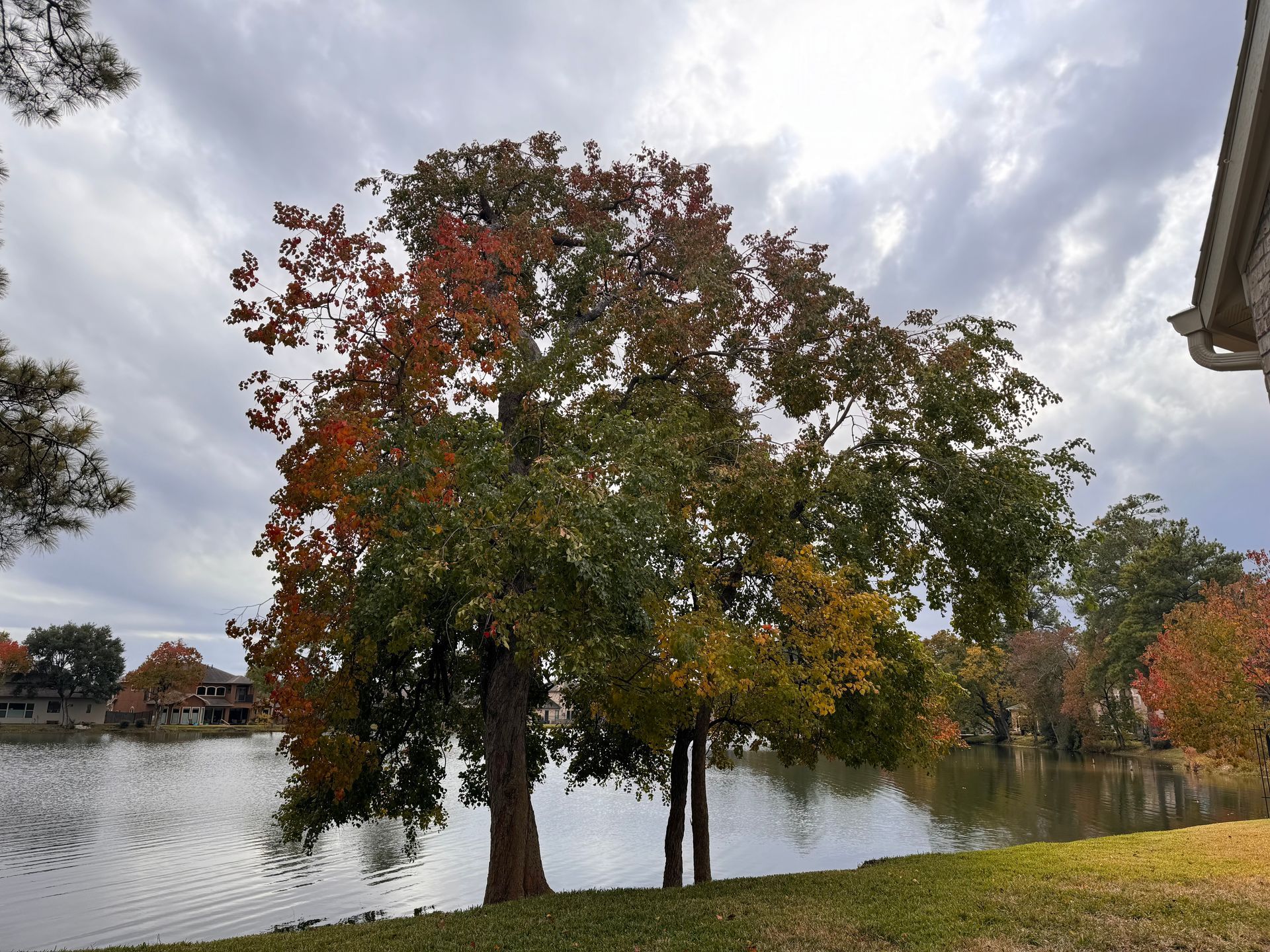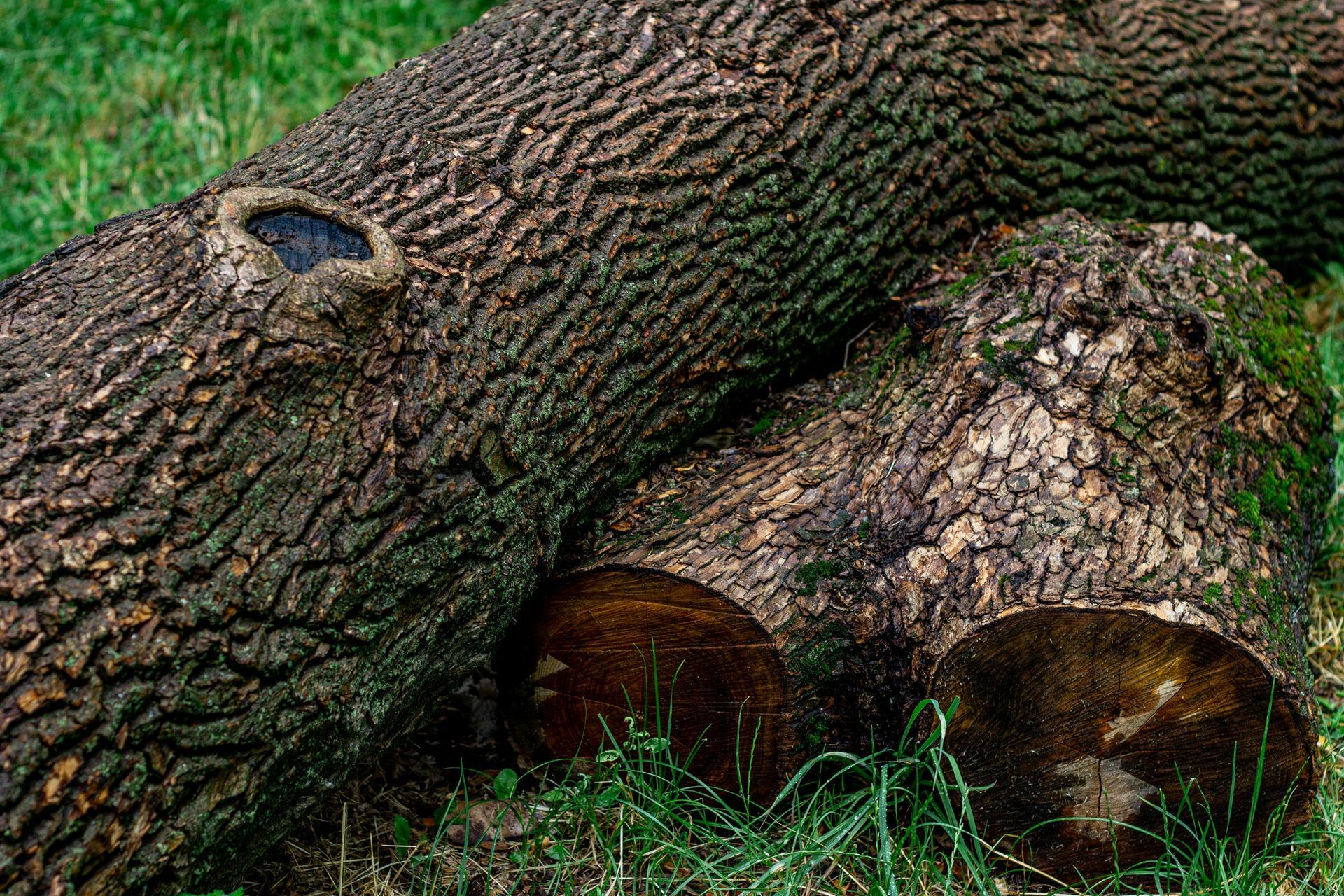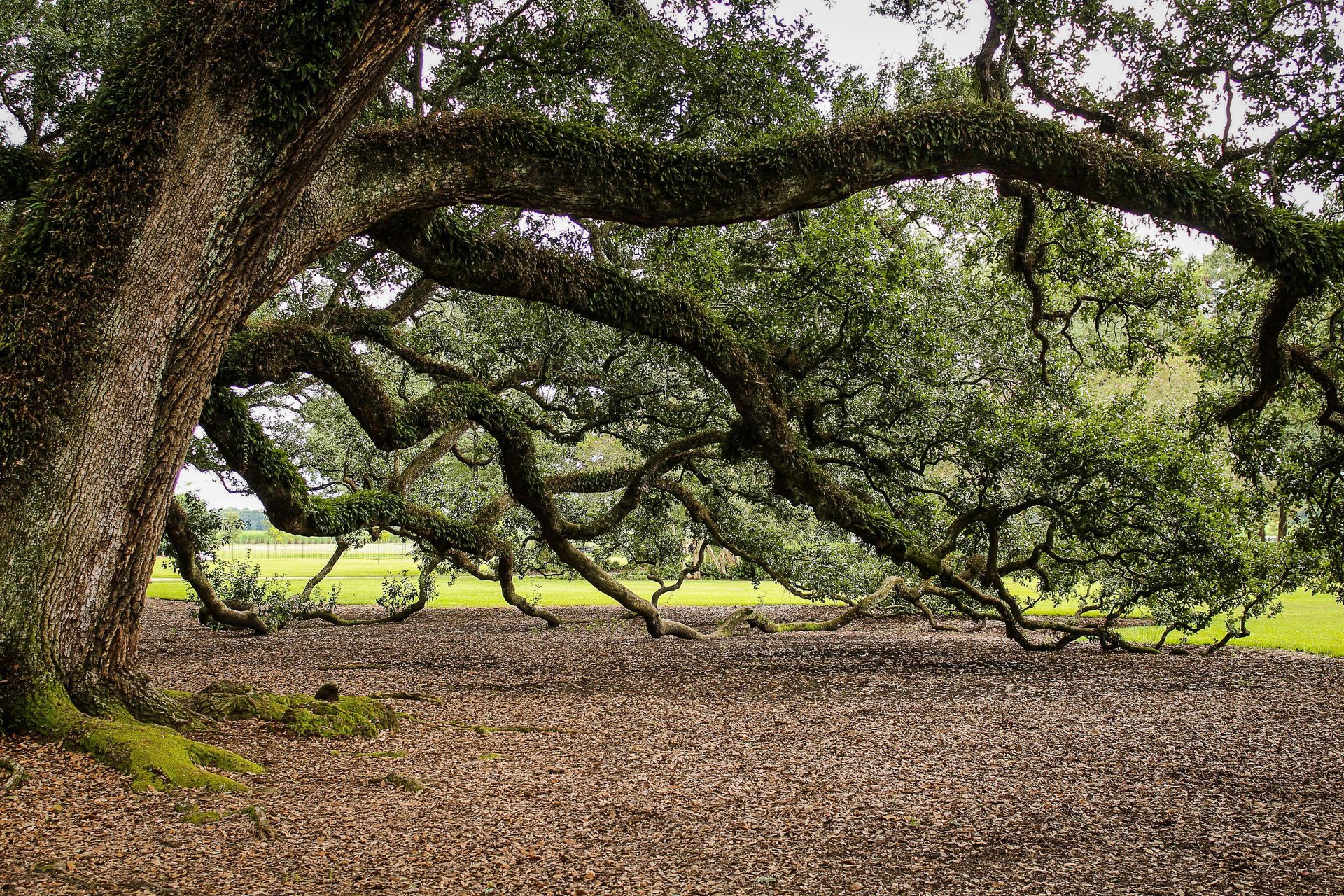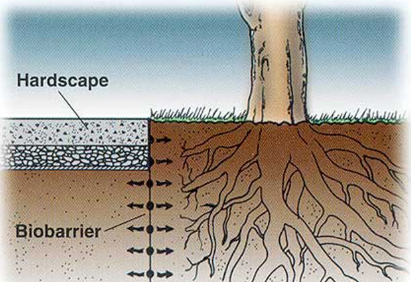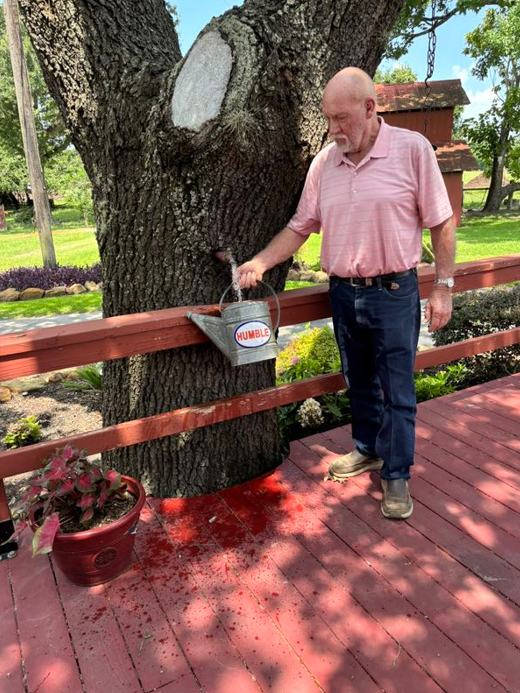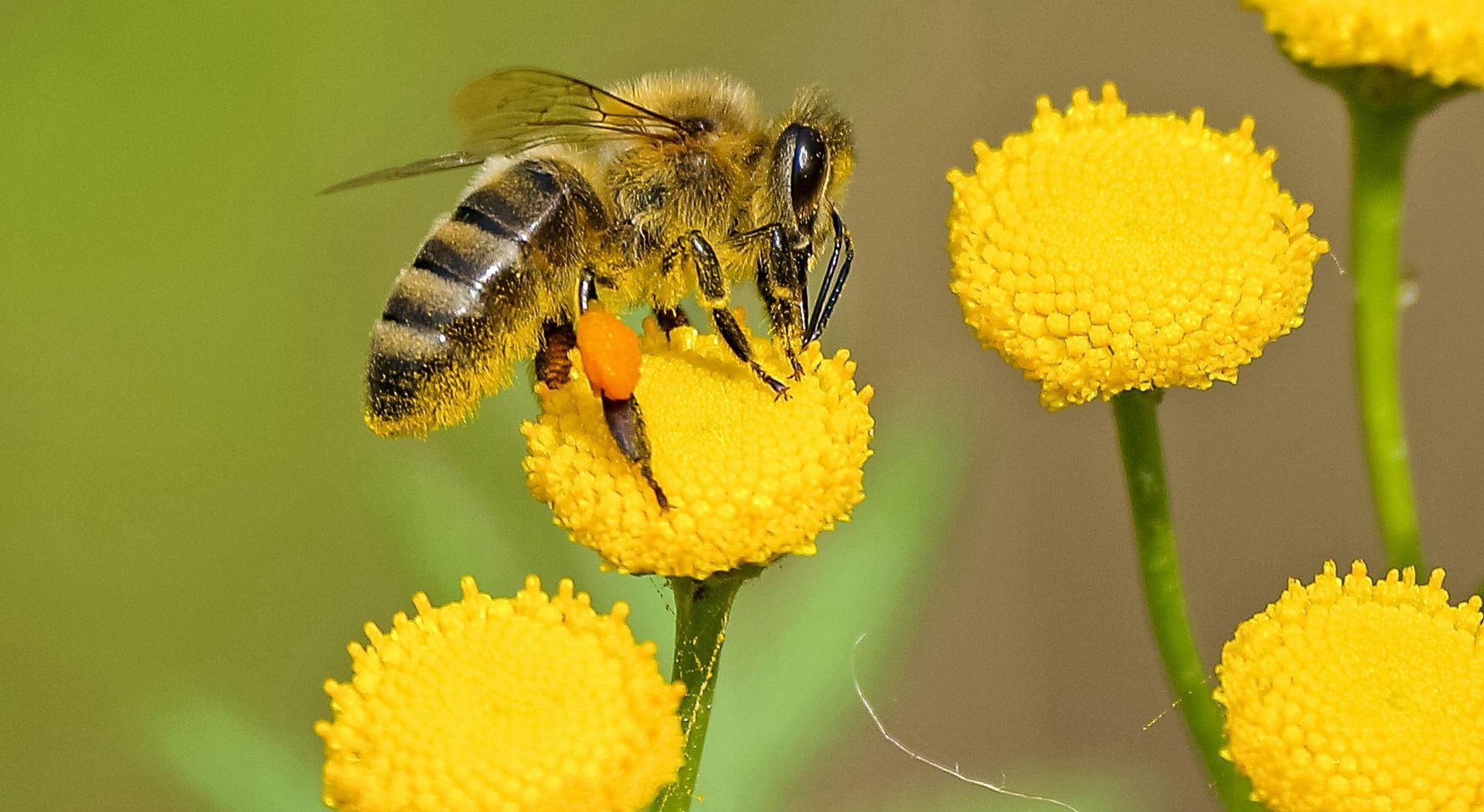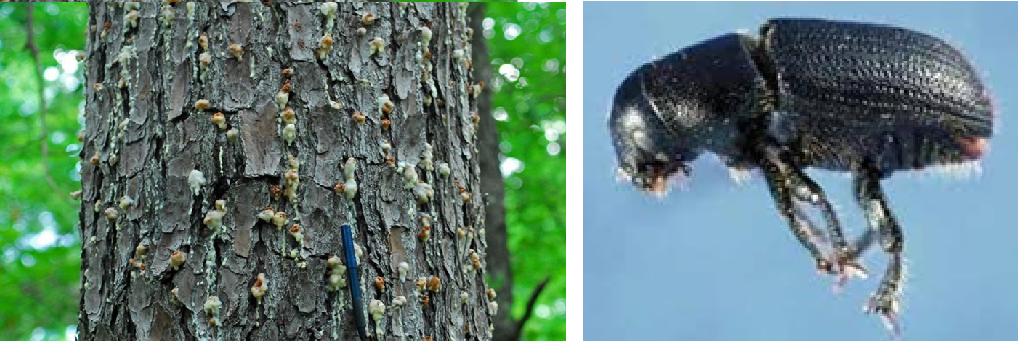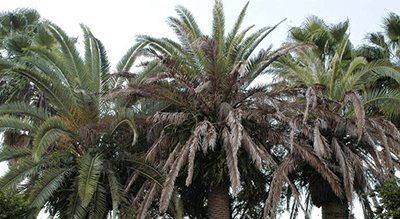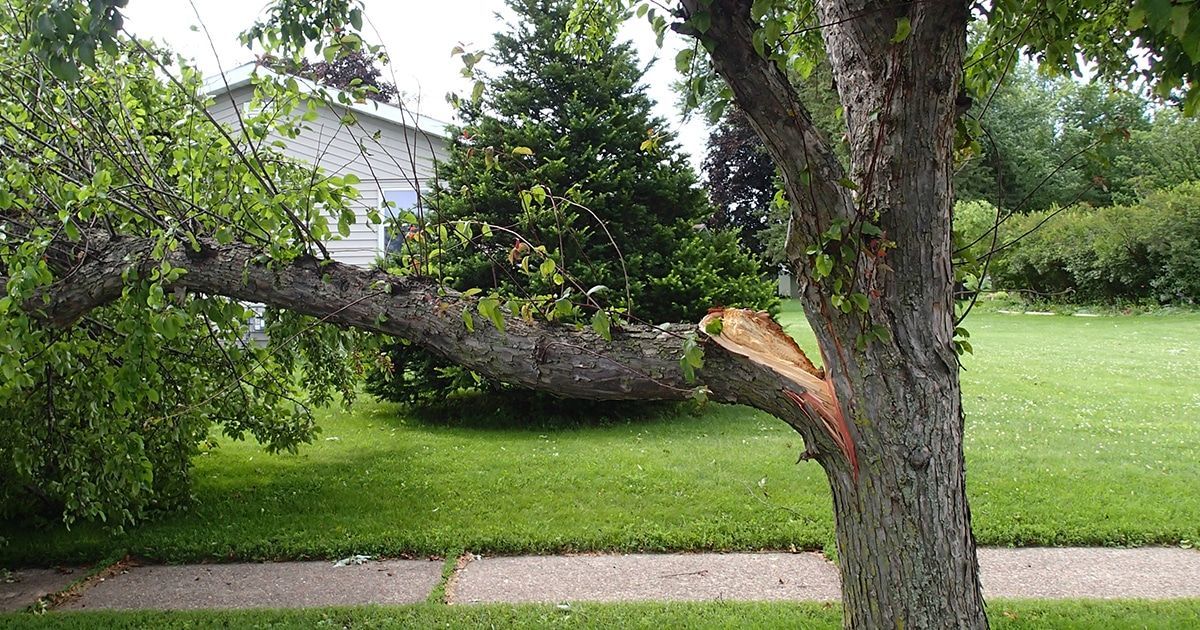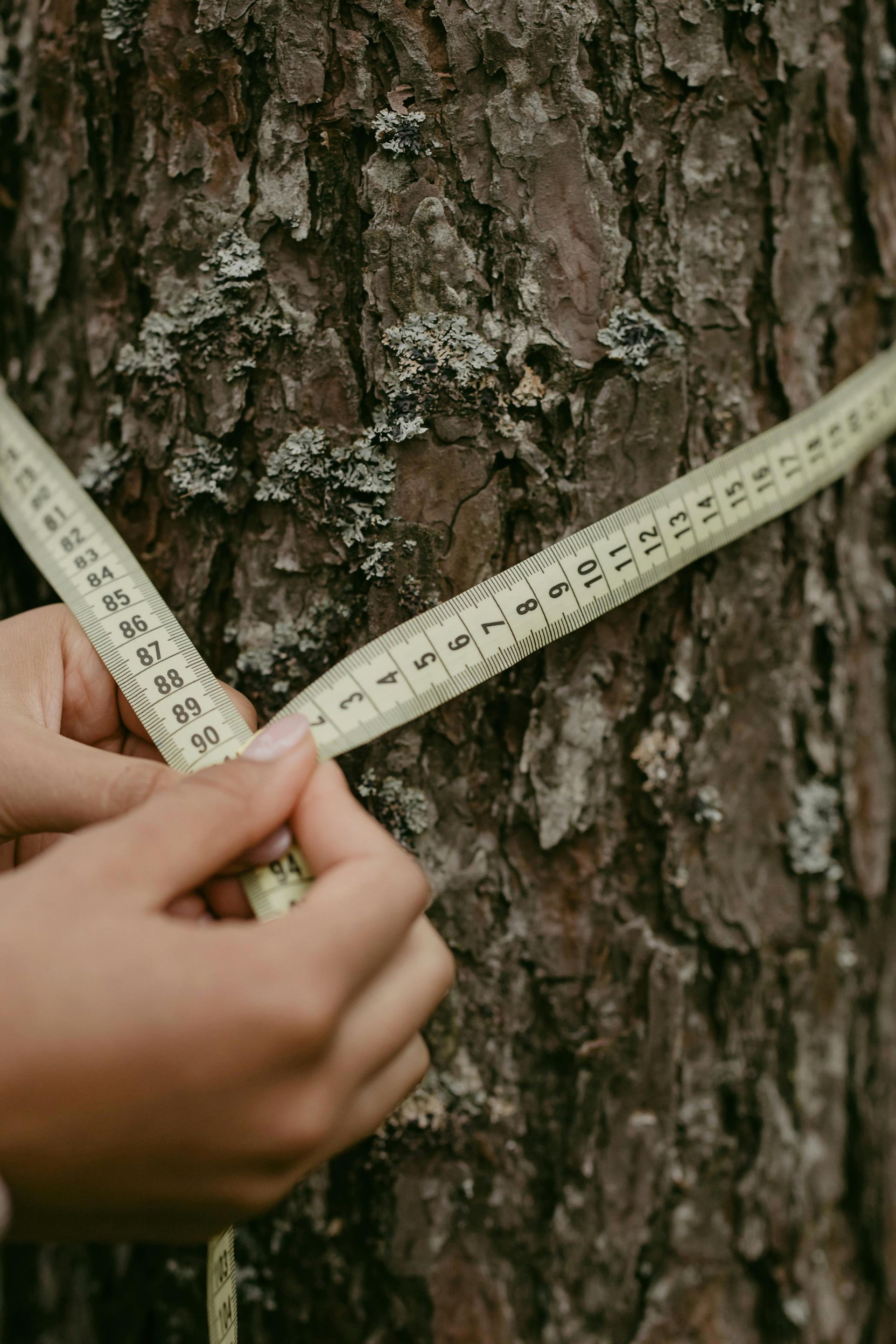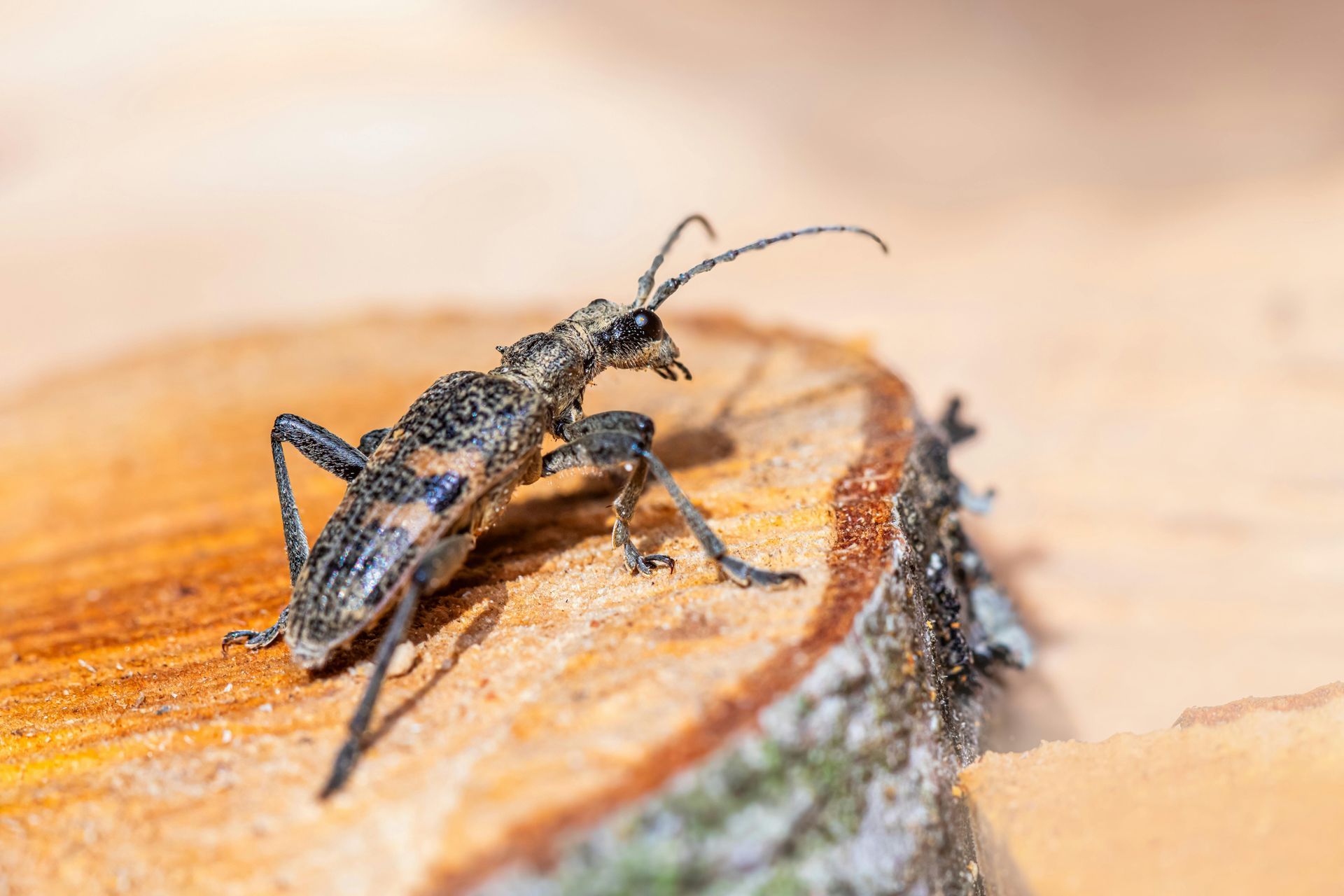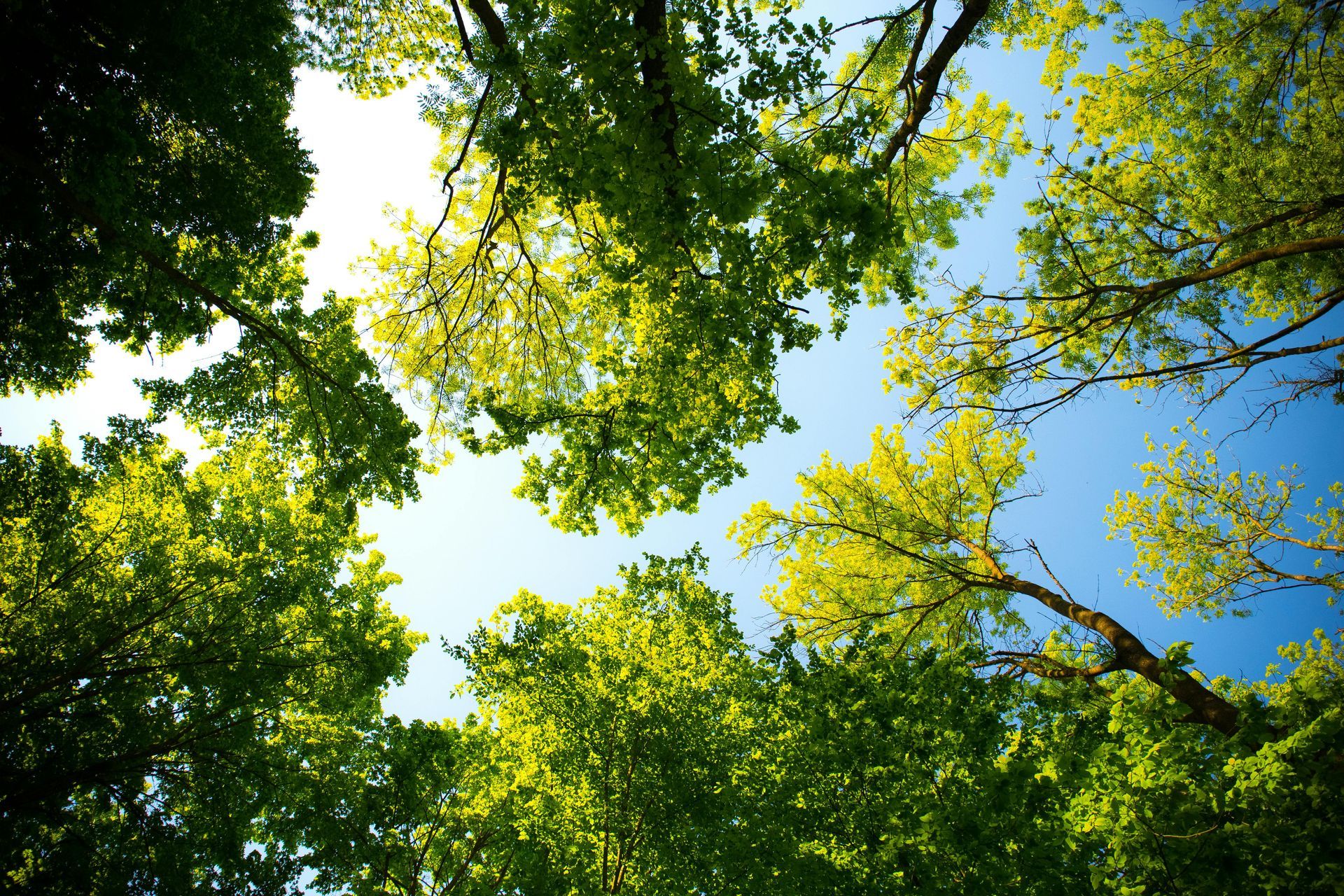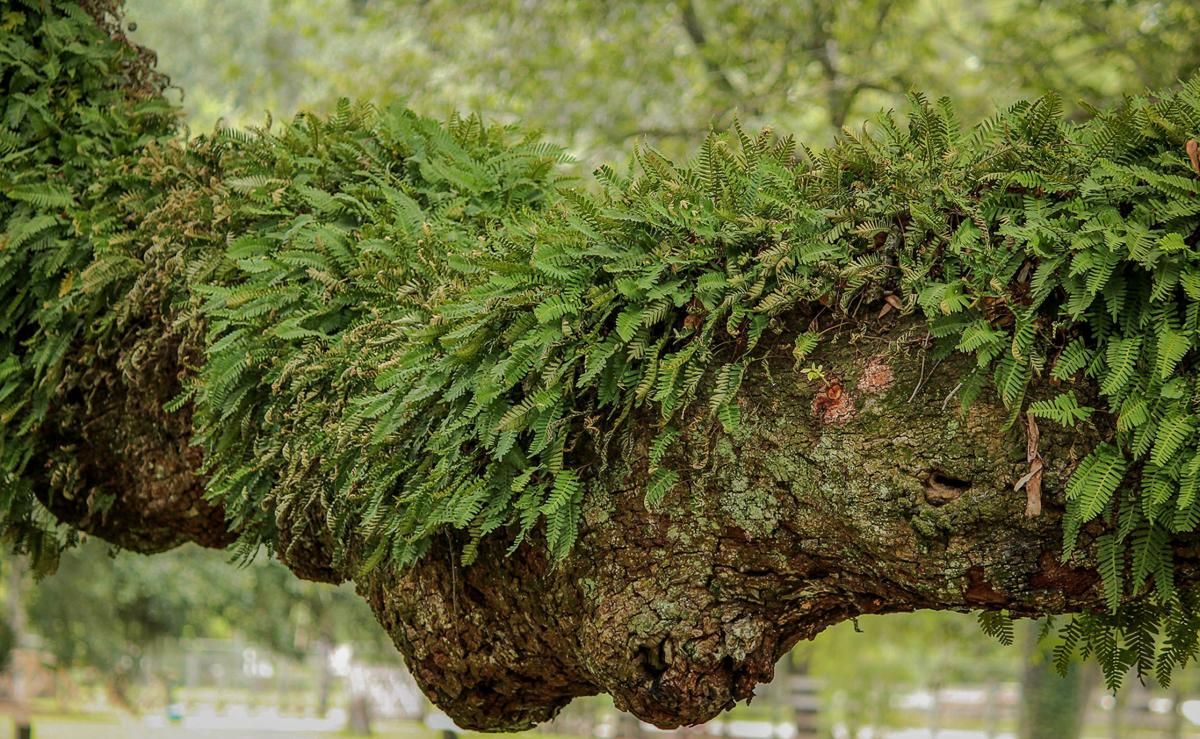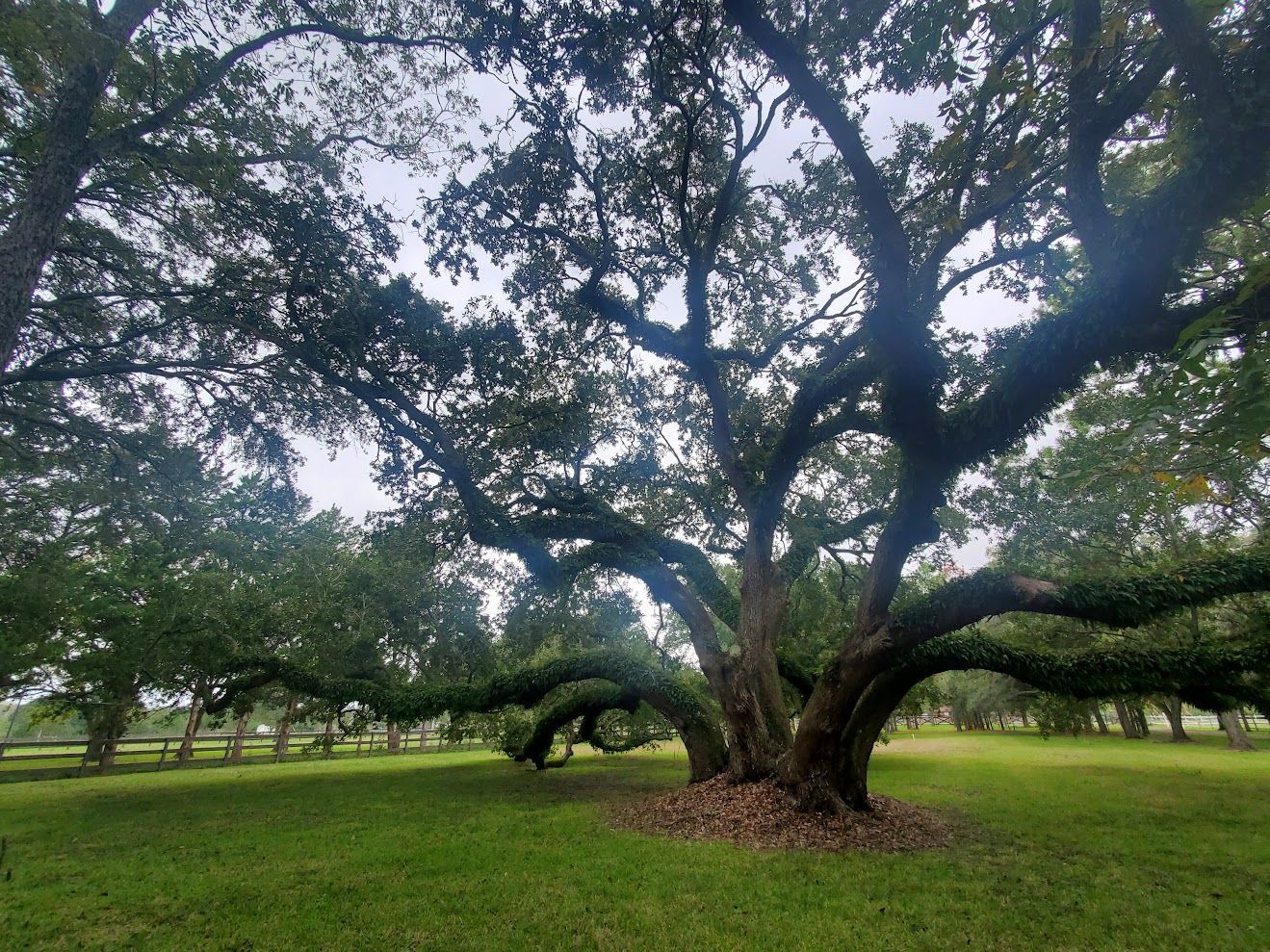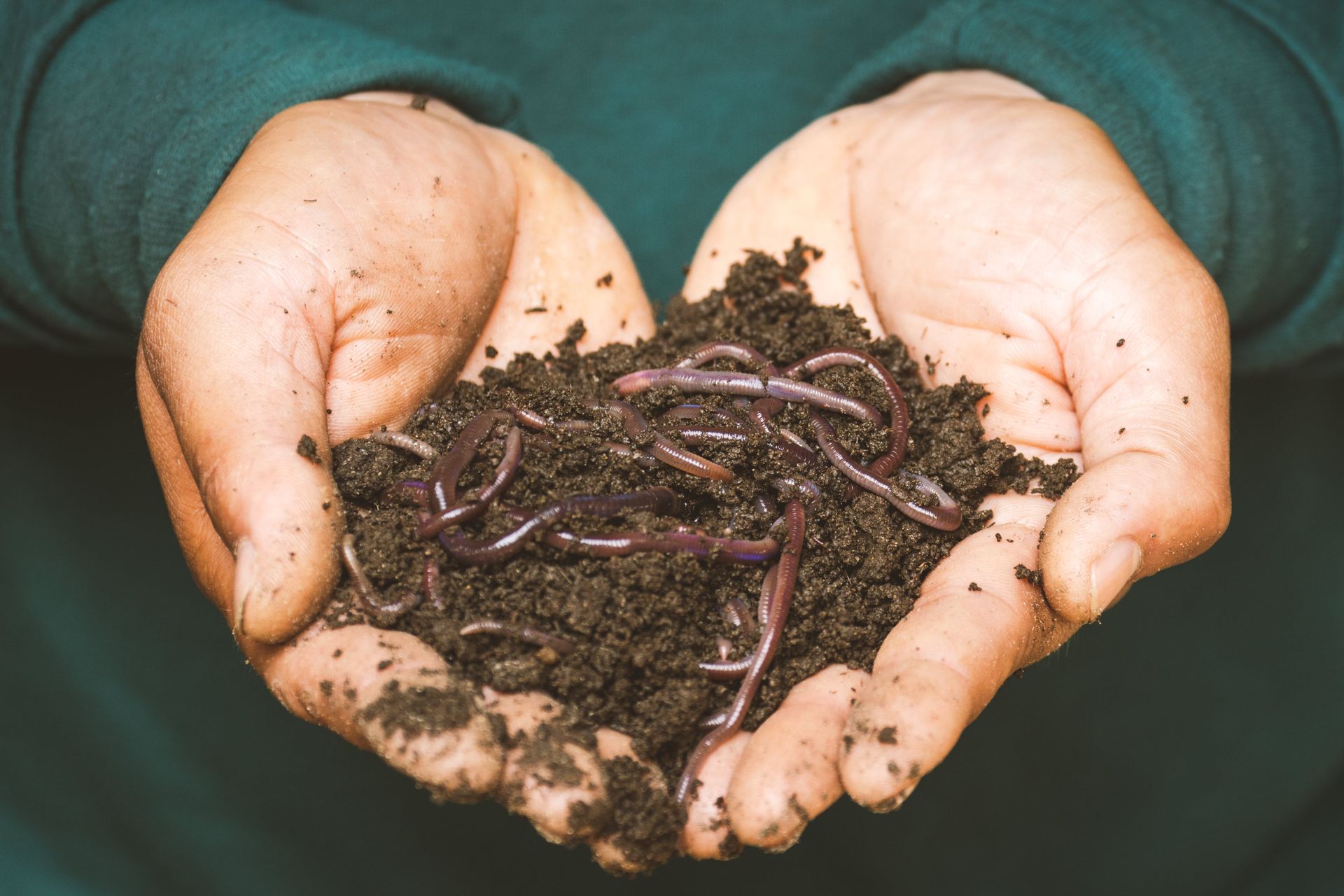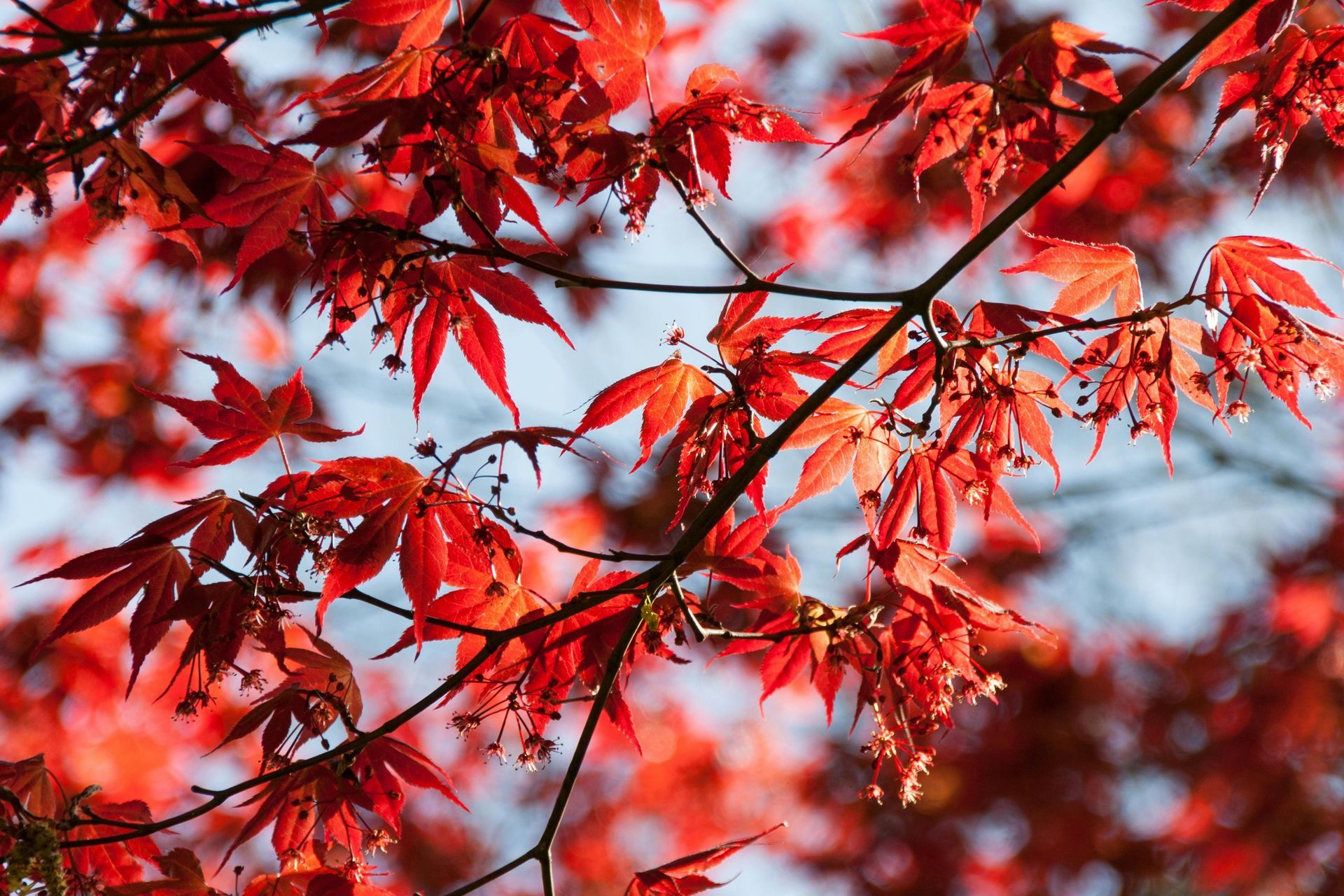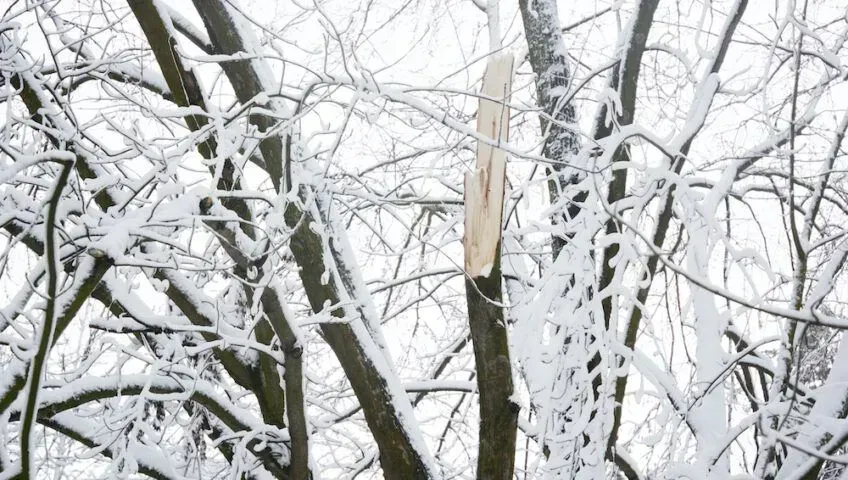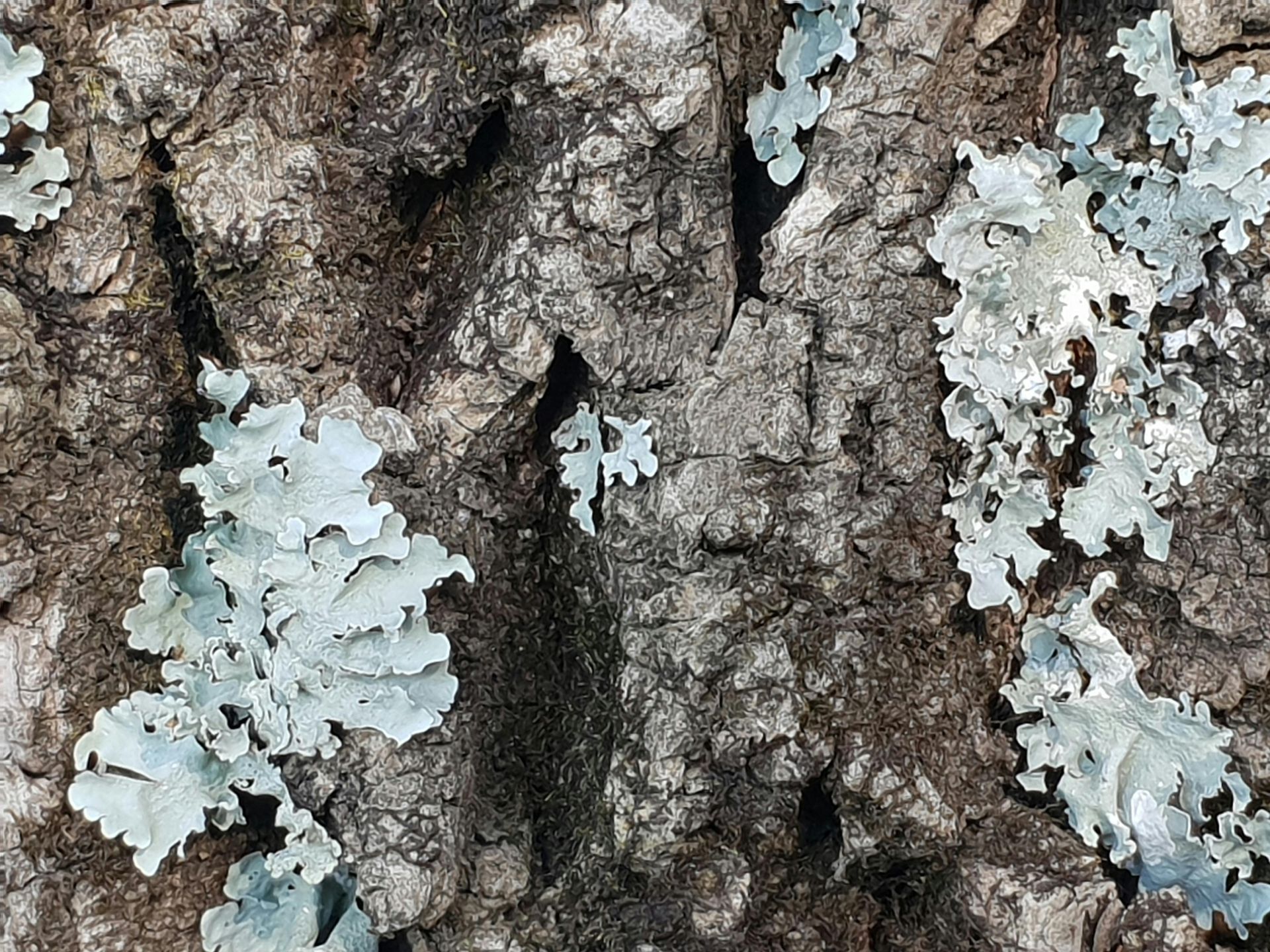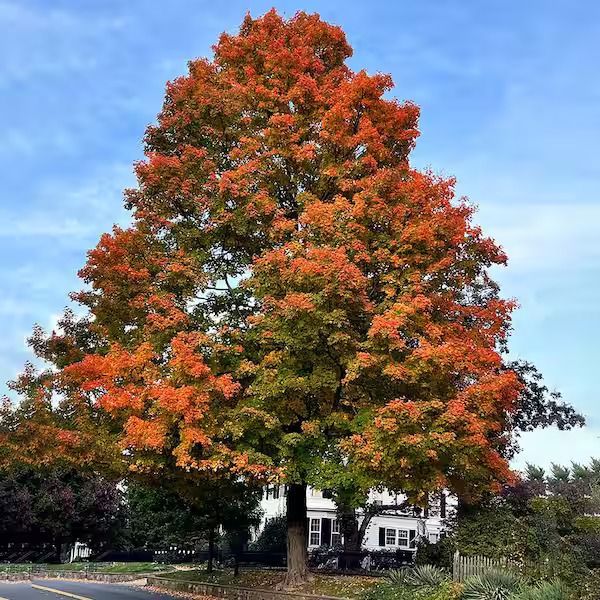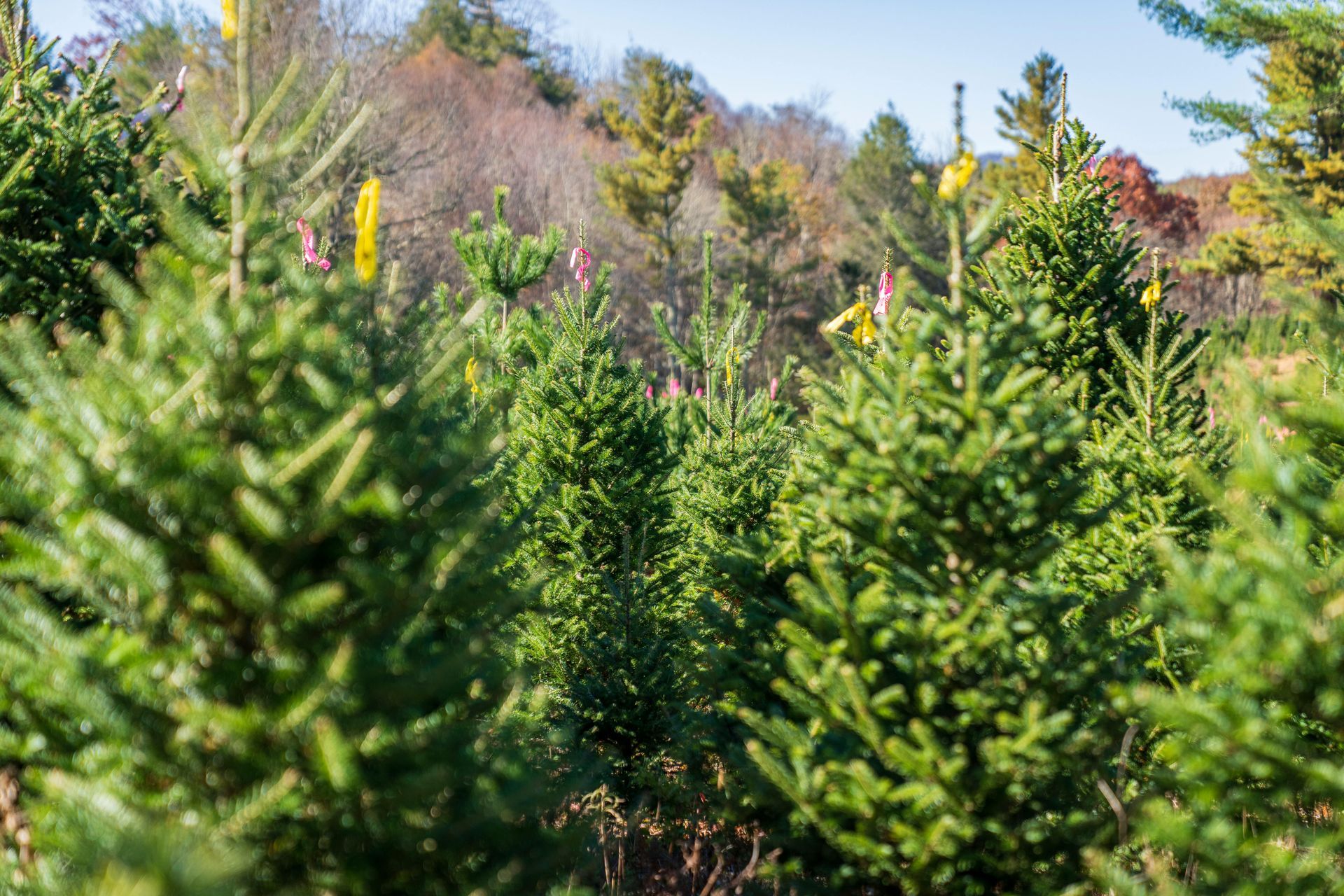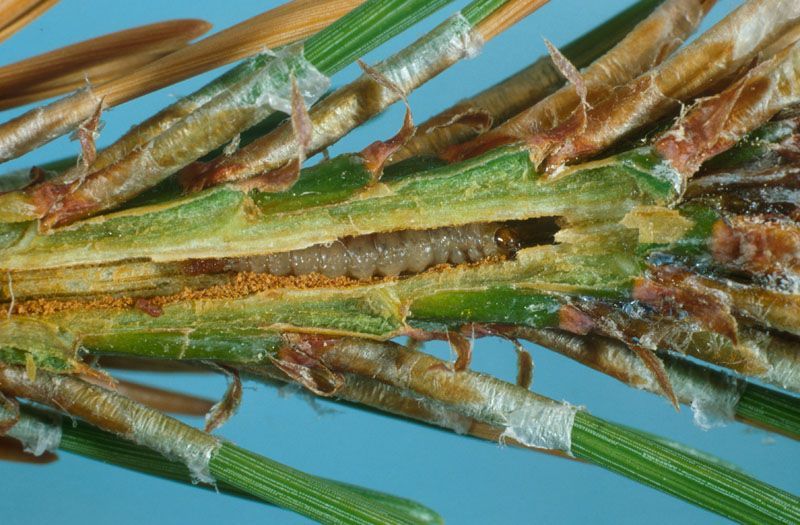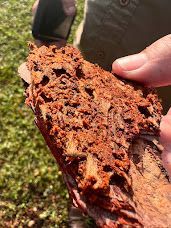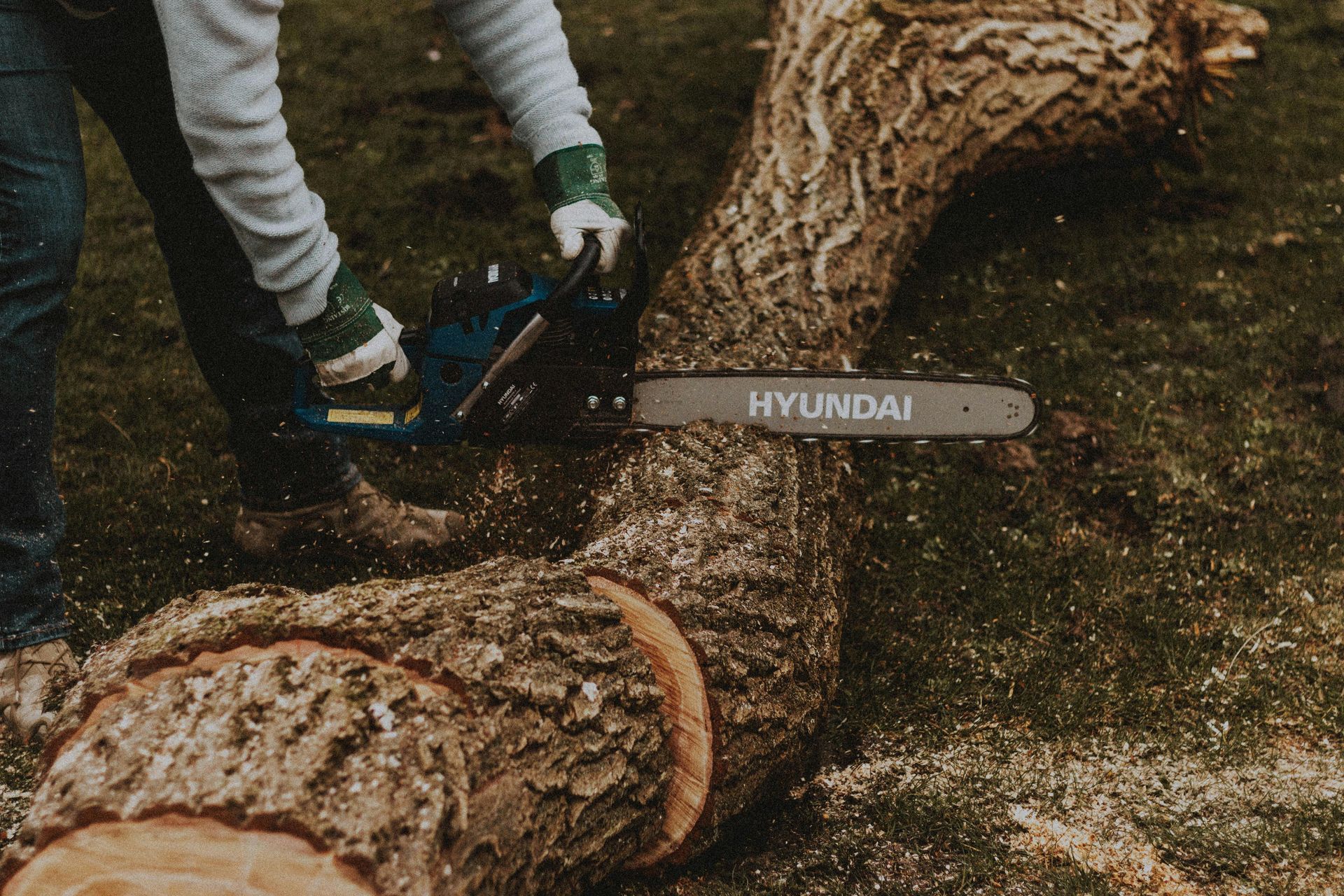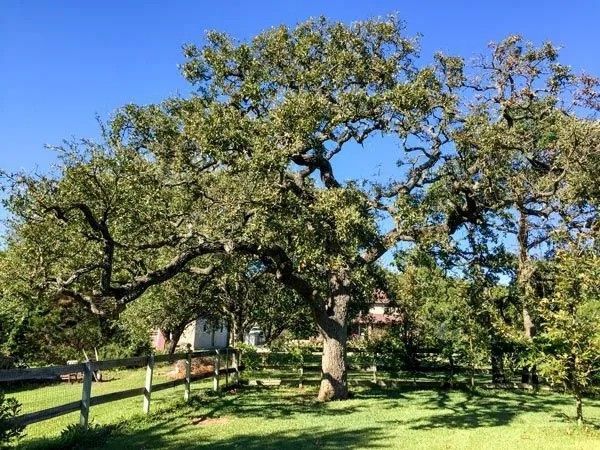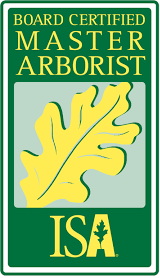Liriope's Muse - Tree Care Tips From A Master Arborist
Liriope's Muse: What Is Plant Health Care (PHC) and Why Does It Matter?
Plant Health Care, commonly abbreviated as PHC, is a proactive, holistic approach to maintaining the health, safety, and vitality of trees and shrubs. Rather than reacting to problems after they appear, PHC focuses on prevention, early detection, and long-term solutions. As a Board-Certified Master Arborist, I’ve found that educating property owners about PHC is one of the most important steps in creating healthy landscapes and resilient trees.
PHC isn’t just about treating pests or diseases. It’s about looking at the entire system a tree is living in—soil conditions, site history, climate compatibility, moisture levels, pruning practices, and even nearby construction activity. Trees in urban and suburban environments face a host of challenges that they wouldn’t encounter in a natural forest. Compact soils, limited root space, mechanical damage, poor planting practices, and climate mismatches all take a toll over time. PHC addresses these issues systematically.
One of the foundations of PHC is regular inspection. A trained arborist evaluates the overall condition of your trees, looking for early signs of stress or decline that might go unnoticed by the untrained eye. This could include subtle changes in leaf color or size, small cracks in the bark, premature leaf drop, or unusual patterns in branch growth. By identifying issues early—before they become serious—we can recommend precise, evidence-based interventions that are both effective and minimally disruptive.
Another key element of PHC is soil management. Most tree health issues begin below ground. Trees depend on healthy soil to access nutrients, water, and oxygen, but in urban settings, soil is often compacted, depleted, or chemically imbalanced. Through soil testing, aeration, organic amendments, and root zone protection, we can dramatically improve the growing conditions and root performance for a struggling tree. Healthy soil biology also helps trees resist pests and diseases naturally.
PHC also involves selective, science-based treatments when necessary. If a tree is suffering from a pest or pathogen, we choose the least toxic, most targeted control methods available—often incorporating biological controls or cultural practices before turning to chemical solutions. The goal is always to manage the problem in a way that supports the tree’s long-term health and the surrounding ecosystem.
One of the most overlooked aspects of PHC is proper species selection and site planning. Many problems we see in trees today stem from species planted in the wrong location—trees that are not well-adapted to the local climate, soil, or exposure. PHC begins before a tree is even planted, by matching the right species to the right place. Once established, trees benefit from thoughtful structural pruning, protection during construction, and seasonal care that takes into account their natural growth cycles.
In short, Plant Health Care is about stewardship. It’s about treating your trees as living, dynamic parts of your property that deserve attention beyond occasional trimming or emergency removal. Trees are long-term investments. With proper care, they can outlive us—providing shade, habitat, stormwater control, and beauty for generations.
At Eric Putnam BCMA, Inc., PHC is the core of what we do. We don’t believe in one-size-fits-all solutions, because every tree, site, and client has unique needs. Through detailed assessments, tailored recommendations, and ongoing monitoring, we help our clients build healthier, safer, and more sustainable landscapes.
If you’re concerned about the health of your trees—or simply want to be proactive—consider scheduling a Plant Health Care consultation. Together, we can give your trees the care they need to thrive in a challenging environment.
Read our Previous Posts!
